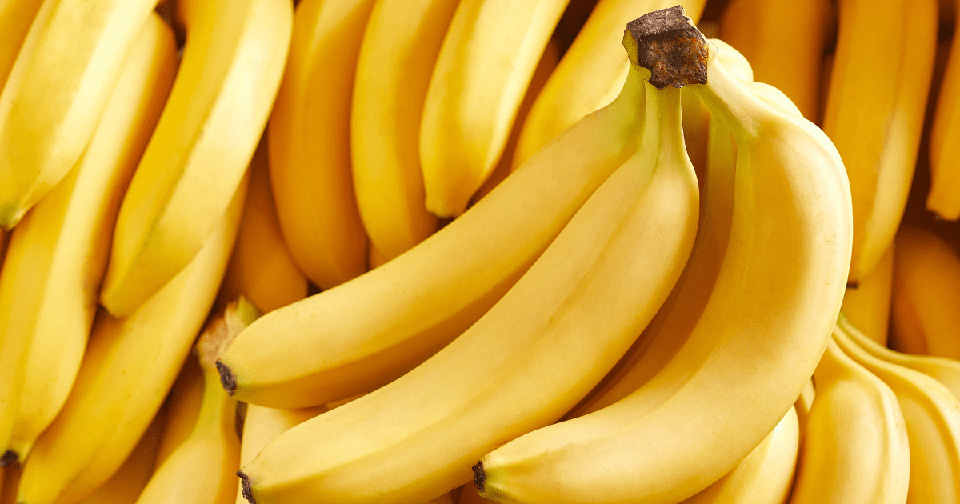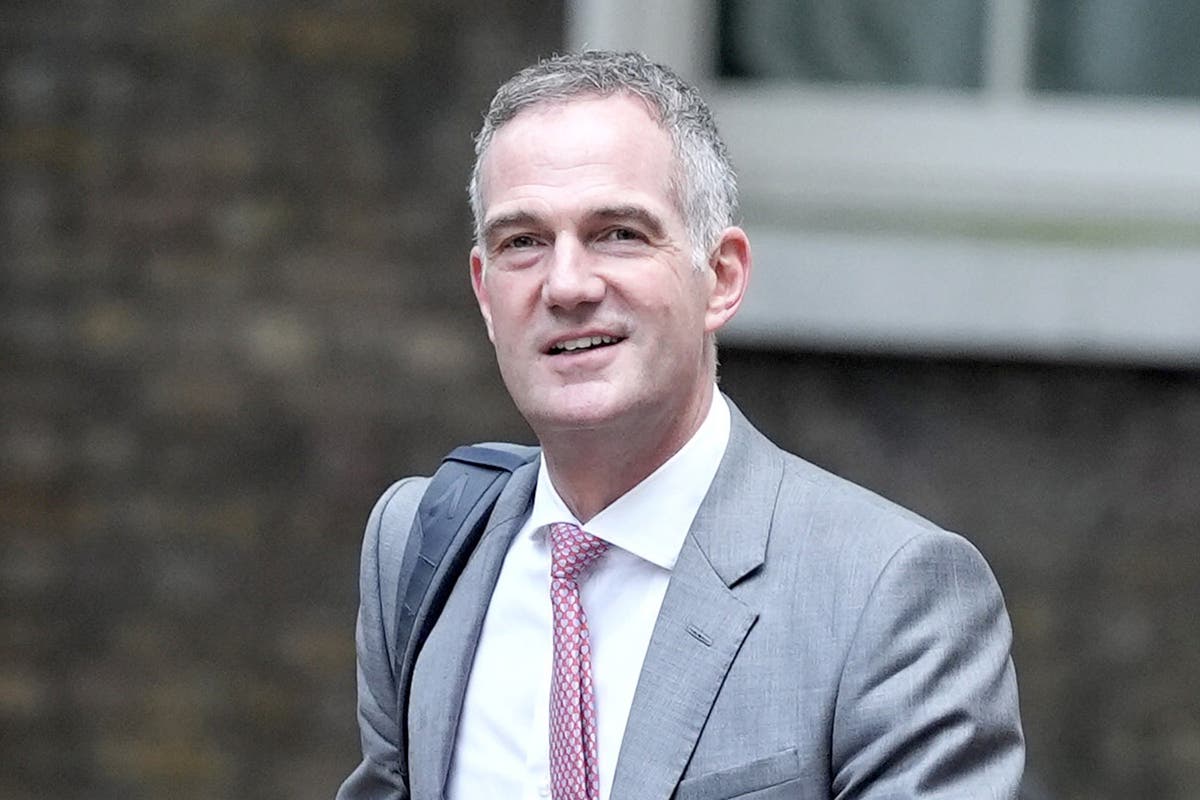Banana waste tech offers ‘golden’ opportunity for Australian distilling industry: AgriFutures Australia I Australian Rural & Regional News

- by Admin
- April 22, 2024

AgriFutures Australia, Media Release, 22 April 2024
UK biotech startup, LyteGro’s solution converts the pulp of waste bananas into a proprietary liquid supplement to turbocharge metabolic processes offering high-value for Australia’s distilling industry. An exciting joint venture opportunity now exists for Australian investors, banana growers and authorities to scale production plants.
Bananas are one of the most consumed fruits in the world, with more than 120 million tonnes produced each year. But the nutrient dense snack is also the most wasted fruit globally.
In Australia alone, 75,000 tonnes of banana waste end up in landfill each year, with 20-30% of the annual Australian banana crop deemed ‘unfit for sale’. These staggering figures present a unique challenge for farmers, an environmental burden – emitting 900,000 tonnes of CO2 equivalent per year – and AUD millions in wasted revenue.
UK biotech startup, LyteGro has spotted a golden opportunity to convert the globe’s banana waste into a valuable commodity with various industry uses and ironically, the profitability of the waste product is set to eclipse sales of the banana itself, explains LyteGro CEO and co-Founder, Dr Andrew Lee.
“Every tonne of banana waste used to make LyteGro’s product can make £30,000 worth of material. Commercially a tonne of fresh, perfectly grade-A bananas sells for £1,200 wholesale in the UK. So, it’s actually 25 times more profitable for banana growers to make our product.”
“One person’s waste is another person’s gold mine,” Andrew says of the waste economy and rapid evolution of technology and extraction processes today.
“We take the pulp of black bananas and make a water-based banana smoothie, which has some very clever proprietary filtration and concentration techniques applied to it to make our extract, BacLyte, which we use as a supplement in microbially-driven processes. Our technology acts like steroids for microbes as it turbocharges their activity and increases growth rate,” he explains.
This highly scalable solution enables end-users to grow bacteria, yeast or fungi in half the processing time and with less inputs, thus reducing their resource, water and energy footprint.
“For industries with water-intensive processes, like alcohol fermentation, LyteGro’s six-hour pre-treatment enables distillers to halve their run time, while increasing alcohol yield by 10-20%. This means they can make in five runs what they’d usually produce in six, saving one-sixth of their feedstock and water usage, leading to massive savings across the industry.”
Distillers use drinking water in their processes too, Andrew explains. So LyteGro presents unique value for Australia, and other “water-deprived” distilling and fermenting regions, such as the Caribbean, famous for its rum; Central America’s tequila production; Brazil’s cachaça; and the Philippines – one of the fastest growing alcohol markets in the world.
“Often the hotter parts of the world are good at distilling, because they’re able to grow the biomass, like sugar cane, to convert into alcohol.”
Further sustainability benefits arise from reducing feedstock use as, “Every tonne of grain produced takes up a lot of resources, energy, and CO2, so if you can get an extra 20% from that feedstock, that’s going to be beneficial.”
Time savings and yield increases brought about by LyteGro’s product also mean that small distillers can potentially double their output and grow their business without any CapEx spend on new equipment.
The rollout of LyteGro’s products offers massive global economic, social and environmental benefits particularly in poor banana growing regions, Andrew explains, by increasing efficiencies and reducing input costs for end-users, as the industry is already struggling with low prices and increasing waste.
Australian investment partners to capitalise on banana waste
LyteGro is now seeking Pre-Series A investment, between GBP£1-2m ~(AUD$1.92-3.87m), and joint venture partnerships with Australian investors, waste management and manufacturing companies with access to waste banana feedstock, and an interest and capability to partner in establishing its first production plant and sales team in Australia.
- Learn more about LyteGro’s commercial opportunity via AgriFutures growAG. here.
In return for building and operating production plants, partners will be licenced with the commercial rights to sell LyteGro’s products into the Australian market.
LyteGro estimates an AUD $180m market per annum in the supplementation of Australian distilling and yeast production, using its product, Propagreater.
Each feedstock production plant will utilise 700t of waste banana feedstock per annum to make approximately 200,000 litres of product, equating to AUD $40m of revenues in the distilling sector.
“The output of each 700T per annum factory will save Australia’s distilling industry 8,000t of feedstock and 67 million litres of water,” Andrew explains.
evokeᴬᴳ⋅ 2024 and Innovate UK Delegation highlight Australia’s innovative nature
Since attending AgriFutures evokeAG. 2024 in Perth as part of the Innovate UK Delegation, the phone hasn’t stopped ringing.
“Interest has been through the roof from VCs, and banana growers. I have not stopped talking – the experience has been absolutely sensational,” Andrew says.
“We wouldn’t be where we are if it wasn’t for the involvement of Innovate UK. We essentially achieved scale up, patent security and industry validation, through one single Innovate UK Sustainable Innovation Fund grant (£50,000), so we’ve done this as lean as possible.”
A trip to Singapore at the end of 2023 as part of the Innovate UK delegation, coupled with potential memorandums of understanding in North Queensland and Western Australia resulting from Andrew’s trip to evokeAG. 2024 has solidified his assessment of the Association of Southeast Asian Nations (ASEAN) and Australian region, as being “the right place to be”.
“That’s why we’ve come to Australia, you’re innovative, you’ve got tens of thousands of tonnes of banana waste, fantastic networks and the money to do things – it’s an ideal place to set up our first joint venture.”
LyteGro’s validated product set to drive global value
The award-winning biotech startup has already gained significant commercial traction for its industry validated and patented products for the research and development (R&D), yeast and probiotic production industries, as well as distilling and bioenergy.
LyteGro has also secured Sigma-Aldrich – owned by Merck Group, one of the world’s largest pharmaceutical, chemical, and life sciences companies – as a licensee for the global R&D market with first sales of its extract due May 2024.
Its distilling product, Propagreater has been successfully trialled by 10 UK distillers, with another 10-20 trials in 2024 planned with distillers, including two of the world’s largest distilling groups.
Early discussions with major bioenergy companies and evaluations with three of the top four global yeast producers further highlight LyteGro’s promising trajectory for its diverse product portfolio.
Despite an initial valuation of GBP£11 million, which Andrew regards, “as absolute peanuts, when considering predicted markets for our products in the hundreds of millions of dollars, coupled with patents and major traction from leading companies in all target markets,” LyteGro has grand plans.
By 2028, LyteGro aims to have 50 global production plants in operation, that will save 83 billion litres of water, 300,000 tonnes of feedstock and cut 1.3m tonnes of CO2 emissions, across the distilling industry alone.
“To achieve our global goal, we need to find the right partners. Fortunately, the awareness of our value-add message for the banana industry is now growing and we are speaking to growers in Australia, India, Indonesia, Ecuador and Costa Rica. Hopefully this is the starting point of our ambition to change the world with banana smoothies.”
The Latest News
-
January 3, 2025Boland’s surge makes case for more Tests beyond age 36
-
January 3, 2025Djokovic Aus Open fears exposed as legend routed by 7ft tennis giant
-
January 3, 202517 things golfers tell themselves to get through the winter – Australian Golf Digest
-
January 3, 2025‘It’s superhuman’: Great’s call on new Aussie ‘showman’ as Bumrah spray to ignite SCG Test — LIVE
-
January 3, 2025The world in 2025 is bigger and smarter than ever — Australia could be left behind




